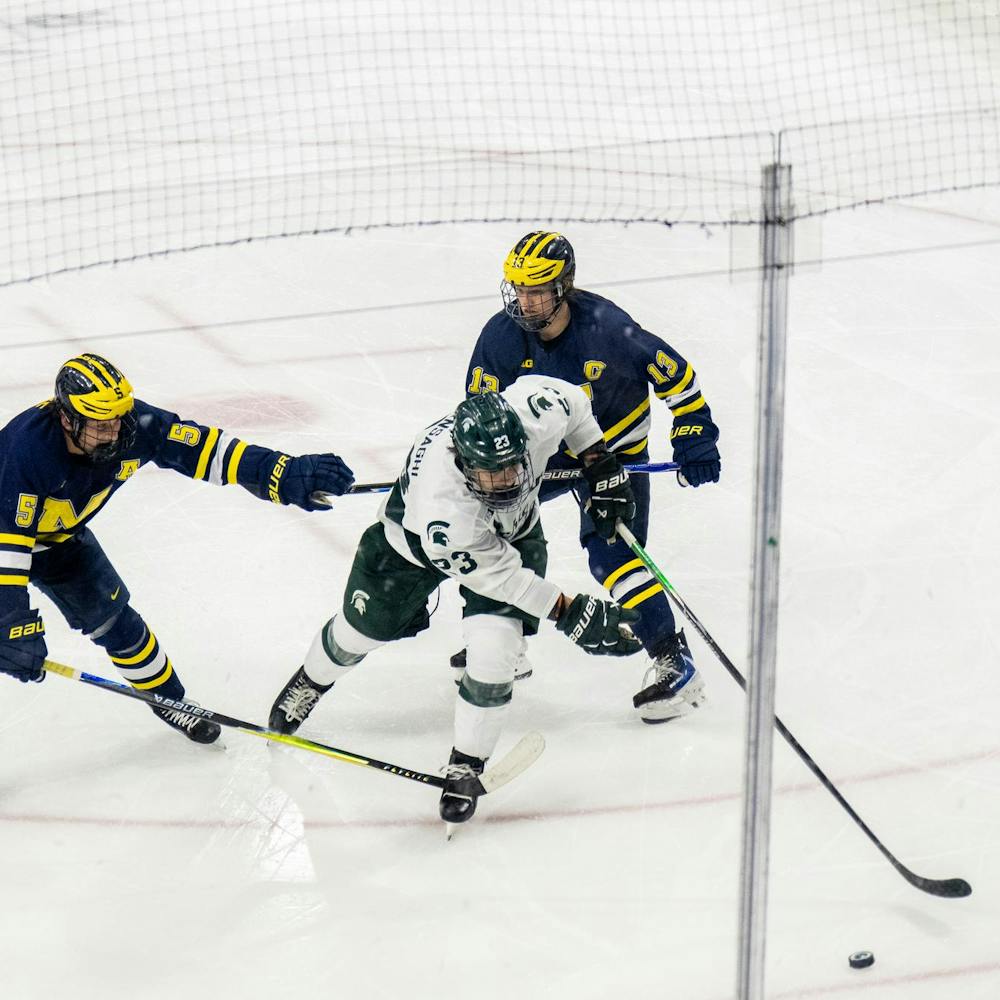Sex. Gender. Marriage. Relationships. Across countries and cultures, the words have distinct meanings and serve different functions in society.
“One of the main reasons we get married is sex,” said supply chain management sophomore Naif Alyami .
The Saudi native said that is the case because pre-marital sex is unacceptable in his home country. A male can only have a physical relationship with a female after marriage.
Special education senior and native of Thailand Manisha Manchanda said talking about sex is a taboo in her culture.
“We don’t talk about it,” Manchanda said. “People don’t address it in public.”
She said kissing in public is deemed unacceptable and “looked down upon,” and the most affection a couple can show in public is holding hands.
The idea of “grinding” when dancing at a club or a bar was something Manchanda had never seen before. It was different for her to witness once she started going out in the United States.
Despite the conservative views Thai society has on sexual practices, it is more accepting toward the LGBT community.
“You’ll never see gay people kiss in public, but (Thai people) accept their identity,” Manchanda said. ”(Thai society) is very extreme.”
Pamela Smith, a research associate at the Department of Sociology said there are some cultures that acknowledge three instead of two genders, such as Indian culture and Indian American culture, specifically from the Navajo tribe.
She explained that in such cases, the society does not really consider them as being either female or male.
Fulbright scholar and Indian native Shakul Tewari said she has heard her mother talk about individuals in the hijra community, which are considered to be born neither male nor female but wear female attire.
“The hijra are considered to be a supernatural community, that’s a belief that I have heard before,” Tewari said, adding that they are believed to have the ability to bless or curse people.
Smith said although such societies are openly acknowledged by people, they are not always perceived as “doing the right thing” or integrated within society.
Tewari said hijras generally live in their own cross-knit communities.
Alyami said he has learned from some of his Saudi friends at MSU that there is a large homosexual community in his home country.
He had never known about the community’s prevalence before since being homosexual is punishable by Saudi law, which is based on the Islamic Shariah law. Now people know of its prevalence, but it’s not talked about in common circles.
“People are getting more open-minded, but we can’t talk about it,” he said.






